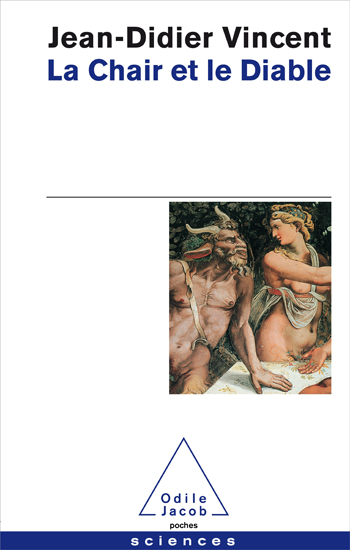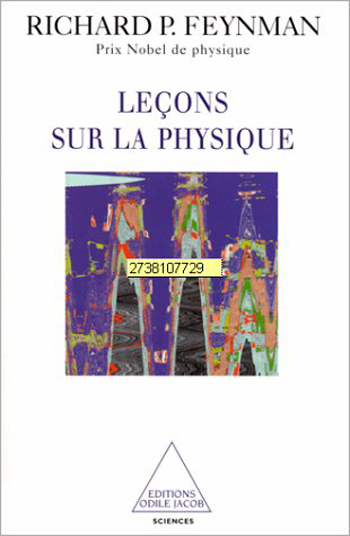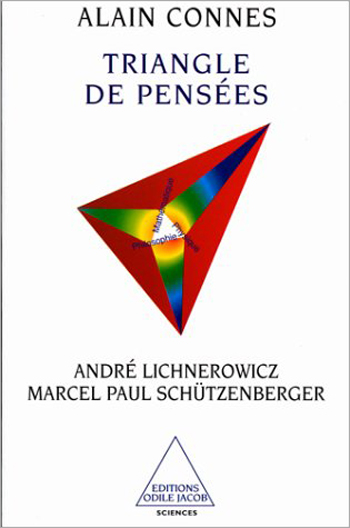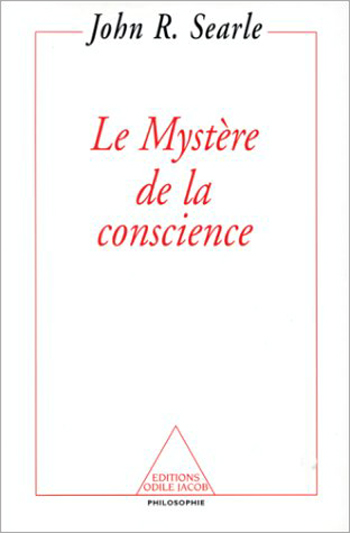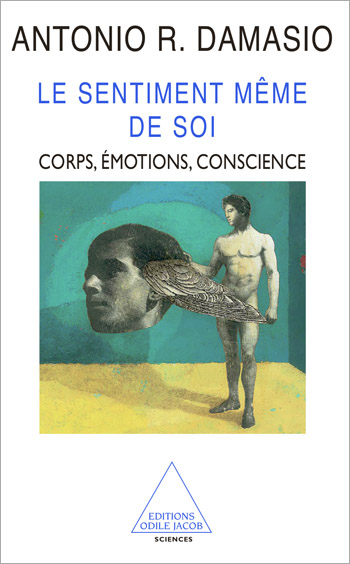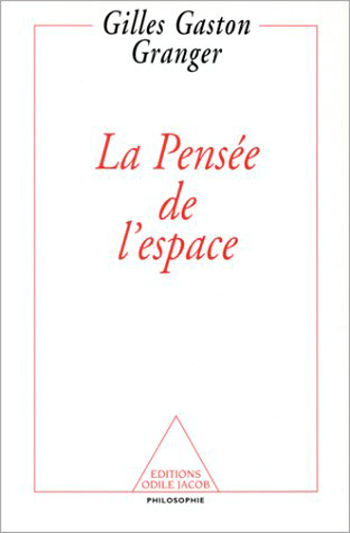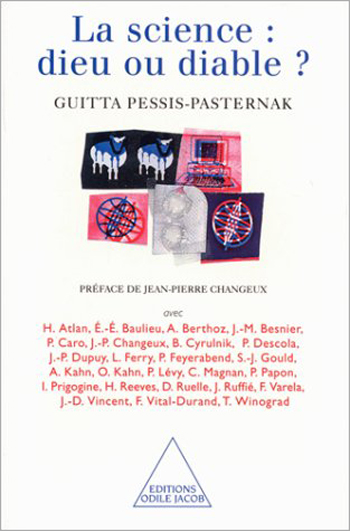Science All books
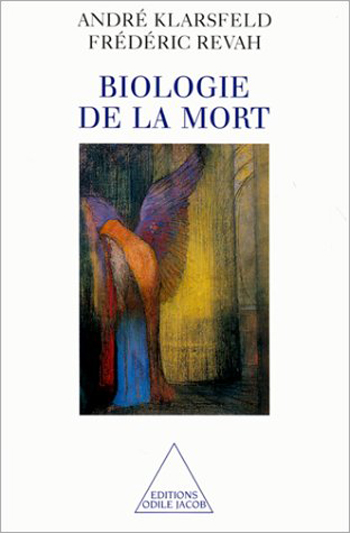
André Klarsfeld, Frédéric Revah
The Biology of Death
Why are most living organisms condemned to die a natural death, even if they are in a well-protected and highly favourable environment ? Is death a "useful" biological process or does it not correspond to any natural necessity ?

Paul-Henri Rebut
Energy of the Stars Controlled Nuclear Fusion
Nuclear fusion can be likened to God or the devil. Out there among the stars, it is godlike, creating atoms and giving birth to life. But down below, on earth, nuclear fusion is the devil: it has been used to make bombs that can annihilate everything, including all forms of life. Now that the devil of thermonuclear destruction seems to have been locked back in its box, nuclear fusion kept under tight control in civil reactors offers the hope for long-term economic development. Isnt it the only inexhaustible, non-polluting form of energy that offers no limits except that of human technical knowledge? Paul-Henri Rebut is a member of the Academy of Science.

André Holley
In Praise of our Sense of Smell
Disparaged by the great philosophers and even by Darwin, who considered it useless, yet praised by Proust and Baudelaire for the richness of the emotions it inspires, the human sense of smell is generally considered secondary to the other senses. But is it really? André Holley makes a scientific argument for this powerful yet ambiguous sense. He also examines the tendency on the part of our society to deodorise to refuse accept that smells are sometimes bad, on the other hand inventing entirely new smells with the help of chemistry. Researcher at the CNRS, André Holley is a professor of neuroscience at the university Claude-Bernard in Lyon.

Étienne-Émile Baulieu, Françoise Héritier, Henri Leridon
Contraception : Constraint or Liberty ? (Work of the Collège de France)
It is now generally accepted that contraception should be readily available.
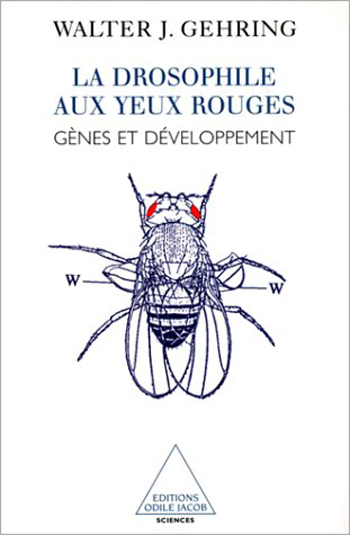
Walter J. Gehring
Master Control Genes in Development and Evolution: The Homeobox
What can be more amazing than an embryos development? How do the cells know that the eyes go on the face and not on a leg or some other part of the body? And why does this information sometimes go awry giving rise to a deformed creature? Walter J. Gehring, a renowned specialist in the genetics of embryonic development, traces recent developments in the field. Walter J. Gehring teaches cellular biology at the University of Basle, Switzerland.

